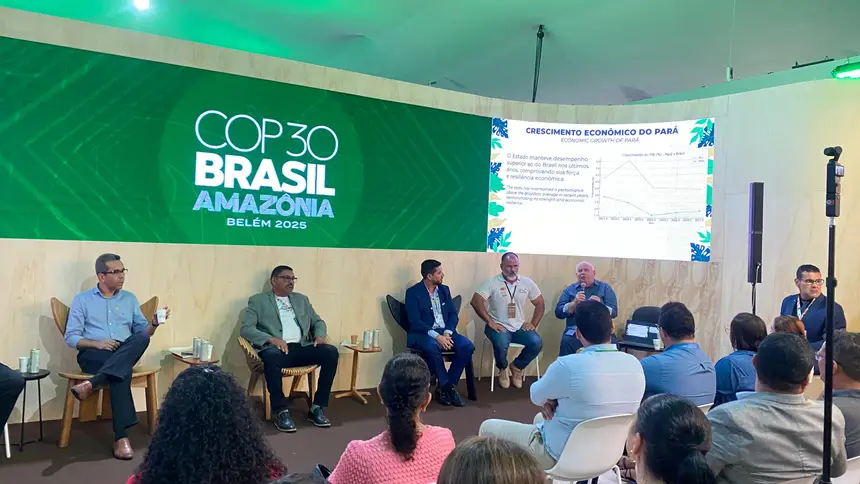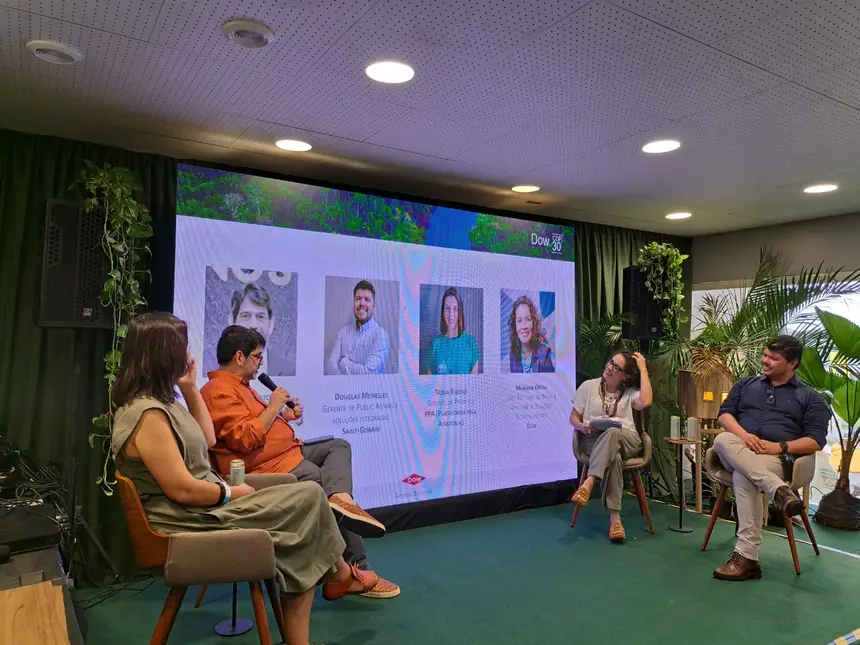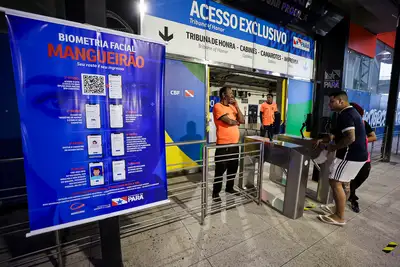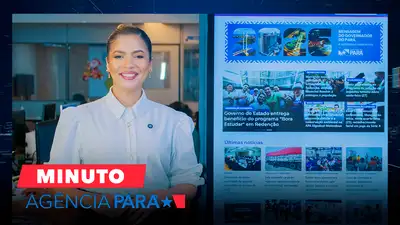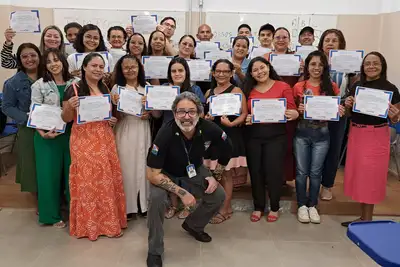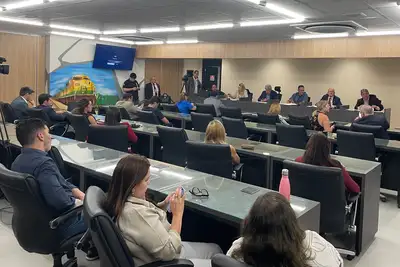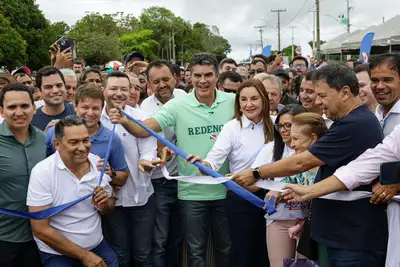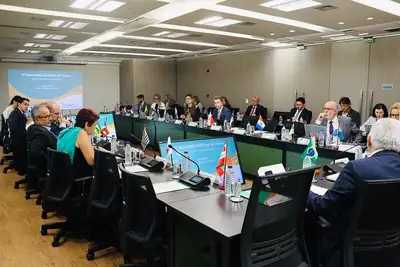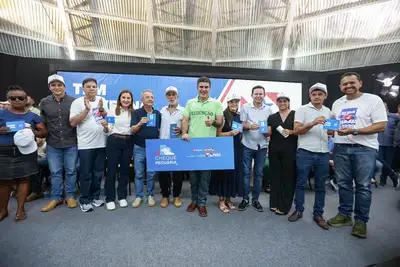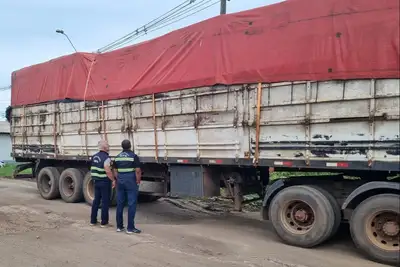Sedeme participates in panels on energy transition and sustainable development at COP30
Companies need to be in tune with government guidelines, which include reducing pollutant gas emissions.
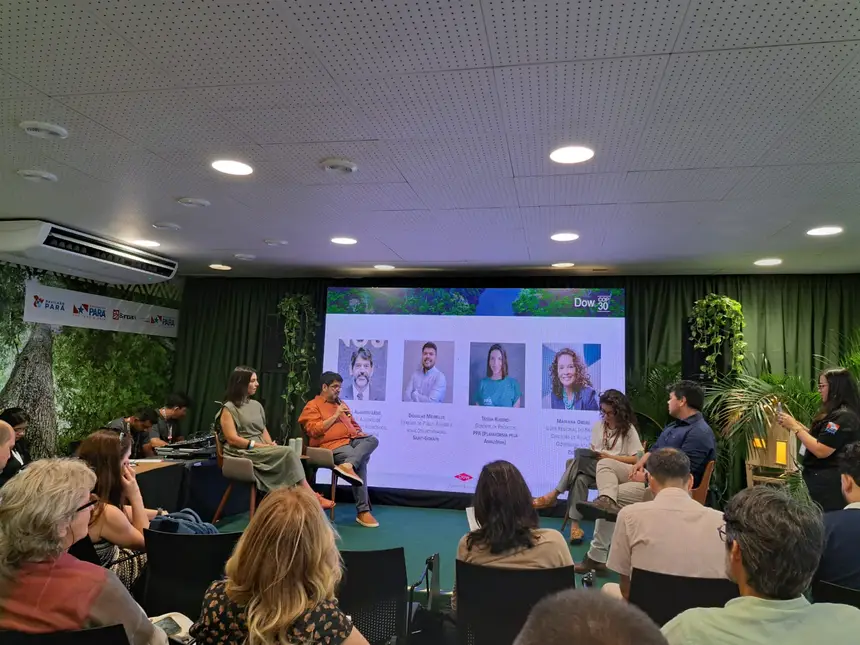
On the afternoon of this Monday (17), the State Secretariat for Economic Development, Mining and Energy (Sedeme) participated in two parallel panels held at the Pará Pavilion in the Green Zone of COP30. The first, promoted by the company Dow, encouraged by the State and located in the municipality of Breu Branco, was attended by Deputy Secretary Carlos Ledo. The second took place at the booth of the Legislative Assembly of Pará (Alepa), with the participation of Sedeme's Director of Energy, Mauro Bastos.
The first panel "Connecting emission reduction, sustainable management of biomes, and social impacts in Pará" was moderated by Mariana Orsini, regional leader of Dow in Brazil. The company's unit, located in the municipality of Breu Branco, primarily produces metallic silicon, an essential raw material for the manufacture of silicones.
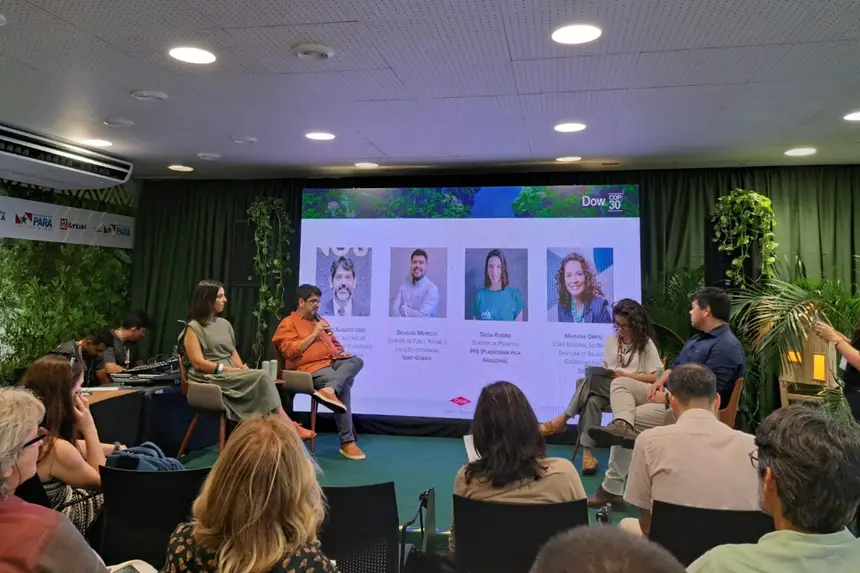
Participating in the panel were Sedeme's Deputy Secretary, Carlos Ledo; the Project Manager of PPA – Partners for the Amazon Platform, Tássia Ribeiro; and the Manager of Public Affairs and Integrated Solutions at Saint-Gobain, Douglas Meirelles.
During the debate, Carlos Ledo emphasized that the tax incentive policy of the Government of Pará is aligned with sustainable practices. "Companies need to be in tune with government guidelines, which include reducing pollutant gas emissions. The incentives commission evaluates the entire context of the operation, such as the type of energy used, job creation, and the impact on the economic development of the municipality where the company is located," he stated.
He also reinforced Sedeme's role as a central articulator of economic and energy development. "The secretariat promotes integration between government, the private sector, and the third sector through instruments such as the State Bioeconomy Plan and the Amazon Now Plan, in addition to tax incentives aimed at green solutions and more vulnerable regions," he highlighted. According to Ledo, the agency structures guidelines for the State Energy Policy, stimulates investments in low-carbon sources, articulates renewable and bioenergy projects, and maintains a permanent dialogue with companies, academia, and civil society.
In the regulatory field, he added that the State is advancing in the construction of the State Energy Policy, aligned with climate legislation and aimed at promoting bioenergy, solar, green hydrogen, and lower-impact natural gas. The government is also preparing the energy transition in the public sector, incorporating the use of renewables in its equipment, strengthening energy justice with the Socioeconomic Inclusion Program (PIS).
For Douglas Meirelles, the debate highlighted the importance of the relationship between the public sector, the private sector, and the third sector. According to him, one of the major challenges is ensuring that cooperatives can effectively participate in this process. "We know how complex it is to supply large companies, which requires compliance with strict rules and standards. Therefore, the role of the private sector is to support the formalization and training so that cooperatives are prepared and able to supply large companies as well. In general, this is the path we see to strengthen the partnership between the different sectors," he stated.
Tássia Ribeiro emphasized the importance of creating dialogue spaces capable of ensuring that the demands of territories, leaders, and local organizations are met. According to her, it is essential to identify strategic actors and respect the internal logic of each community, recognizing that each territory has its own needs and economic potential. "We need to look at local vocations and understand that there are different Amazons, with distinct realities that must be considered in building sustainable solutions," she highlighted.
At the Alepa booth, Mauro Bastos participated in the panel "The Productive Sector of the Amazon Pará at COP30: Developing While Preserving," which presented initiatives aimed at strengthening the sustainable development agenda in the region. In his speech, the Director of Energy highlighted the main areas of action of Sedeme. He mentioned the Socioeconomic Inclusion Program (PIS), which brings electricity to remote areas, replaces irregular connections, and reduces diesel use. Between 2019 and 2025, there were more than 300 authorizations, serving 12,000 families in 75 municipalities, with investments exceeding R$ 155 million.
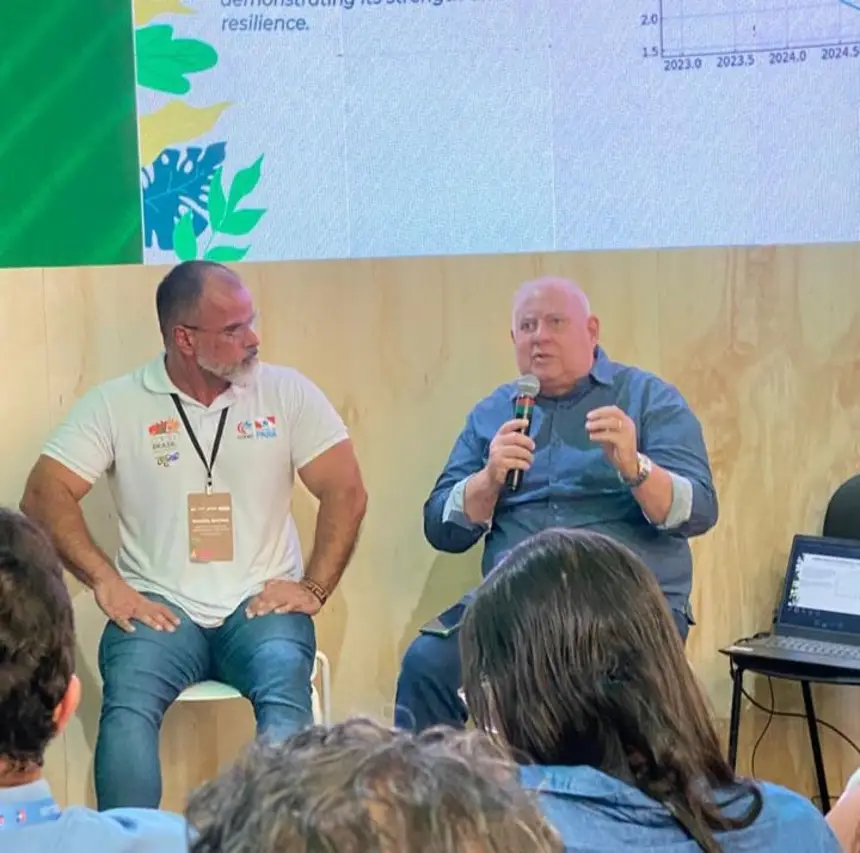
Bastos also emphasized the importance of the circular economy, highlighting the partnership between Sedeme and the OCB/PA System, which resulted in the creation of the Cooperative Directorate (Dcoop/Sedeme). The initiative aims to expand business opportunities and explore the economic potential of Pará's cooperativism, as well as support Local Productive Arrangements (APLs), micro and small enterprises, and promote Pará products in national and international markets.
Finally, he also highlighted the tax incentives, aligned with sustainable practices that stimulate the implementation and modernization of enterprises through benefits, strengthening strategic productive chains, attracting new investments, and contributing to sustainable economic development in Pará.



